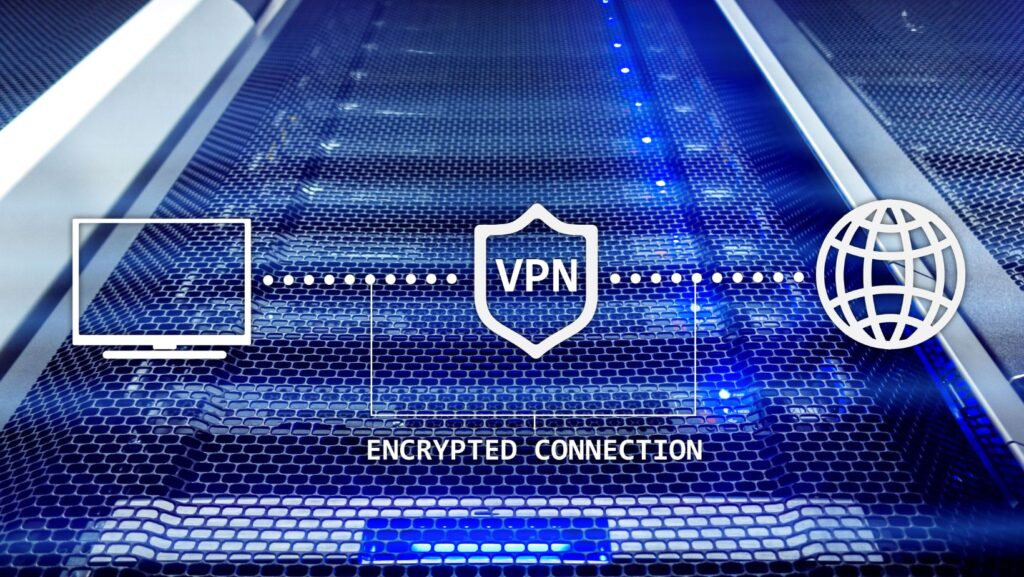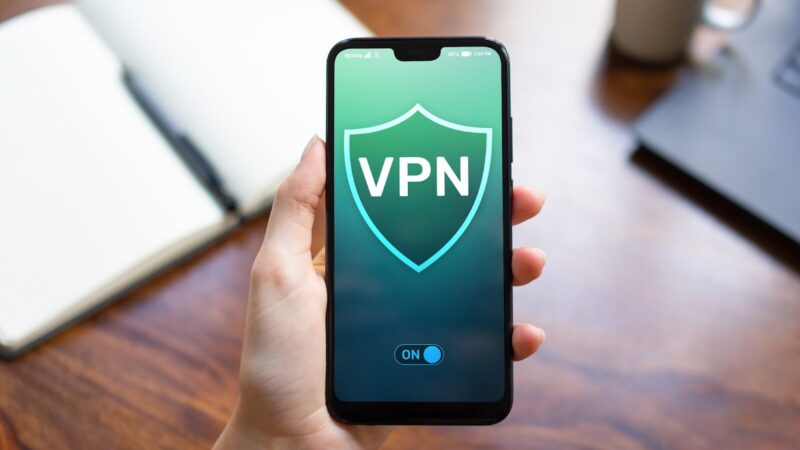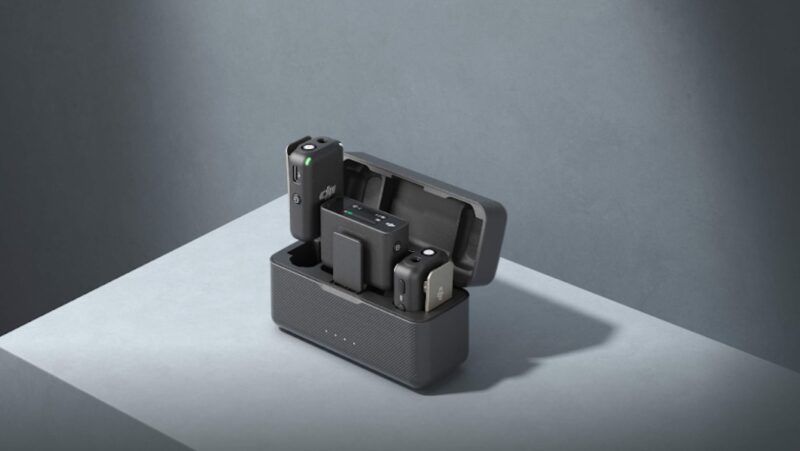
Does it ever bother you when you think about whether your personal data is safe or not when you’re browsing the internet? Online threats are on the rise with over 2,365 cyberattacks occurring just in the last year.
This highlights the importance of keeping your information secure on the internet and the only way to do it now is by using a VPN. It encrypts your internet traffic and makes it unreadable to hackers or anyone else who’s trying to spy on your activities.
A VPN keeps your identity hidden by using a simple technique called Encryption. It helps project your passwords, emails and even browsing history. Now to know how it works, you need to read ahead.
What is Encryption?
Encryption is like turning your information into a secret code which no one can understand without the key. Imagine you’re writing a message, but instead of using regular works, you scramble them up so that only someone with the correct key can read it. This technique is super important if you want to stay safe online.
It’s a key mechanism which all the VPNs use to keep your identity hidden and safe from hackers. Without encryption, anyone can see what you’re sending, but with it, only the receipt will access and understand it.
In simple terms, encryption is like a digital lock and key that keeps our personal data safe and makes sure that the online world stays secure.
How Does VPN Encryption Work?
The way this works is when you connect to a VPN service, your device first establishes a secure connection to the VPN server. After that the server confirms your device’s identity and the VPN client starts encrypting all the information you have sent. This creates a secure tunnel for your data to travel through by keeping it safe from anyone trying to hack it.
During this process, your data packets are wrapped in a protective layer and encrypted. This process is called encapsulation. Once these packers reach the VPN server, the outer layer is removed, and the encrypted data is now automatically decrypted. Because of this whole process, your data remains private and protected during transit.
Importance of VPN Encryption
The technique that makes VPN formidable is the encryption standards it uses.
The importance of encryption can be understood by the benefits it offers, which include:
- Enhances Online Security: A strong encryption ensures that hackers cannot steal your data or infect your device with any kind of virus. It protects against various cyberthreats like DDoS attacks, malware and much more.
- Makes Browsing Untraceable: Sometimes ISPs and other third parties try to invade your privacy. However, with a VPN encryption you can hide yourself so they cannot track your personal information and even avoid ISP throttling.
- Provides Access to the Free Internet: Encryption allows traffic to bypass internet restrictions and censorship. This is particularly useful in countries like China, North Korea and more, where strict internet limitations are imposed.
Which Encryption Methods Do VPNs Use?
Currently there are four types of encryption methods that VPNs use to keep your data secure. These include:
-
Symmetric Encryption
In this method only a single key is used to encrypt and decrypt the data. Both the sender and receiver share this key which ensures that only they can read the information. If someone else tries to access data without the key, it will remain unreadable even after continuous tries.
-
AES Encryption
AES (Advanced Encryption Standard) is one of the most commonly used encryption methods by a Chrome VPN. It splits the data into smaller pieces and rearranges them to make the information unreadable. This means no one can understand or learn it without the decryption key. Currently, AES-256 is considered the strongest form of this encryption and is used by VPNs for providing maximum security to the users.
-
Public-key Encryption
This next method uses two keys, one is the public key that is used for encrypting the data and the second one is the private key, which is used for decrypting it. Anyone can use the public key to encrypt the data, however, only the owner of the private key can decrypt and read it. This ensures secure communication between users.
-
ChaCha20 Encryption Protocol
This protocol is a popular encryption algorithm which is well-known for its speed and security. It’s used in various applications and is especially favored by VPN providers.
ChaCha20 works as a stream cipher which means it encrypts data bit by bit as it flows rather than encrypting the entire blocks at once by using the 256-bit key.
-
Transport Layer Security (TLS)
The last type of encryption is TLS which is used to authenticate the connection between servers and users. It verifies that the parties involved are exactly who they claim to be. It ensures secure communication and protection from outsiders pretending to be legitimate users.
Conclusion
VPN encryption is crucial for protecting your online activities as it offers extra security and keeps your browsing private from unwanted tracking. By understanding how VPN encryption works, you can take control of your online privacy and enjoy a more secure digital experience. Just remember to choose a strong and reliable VPN.








